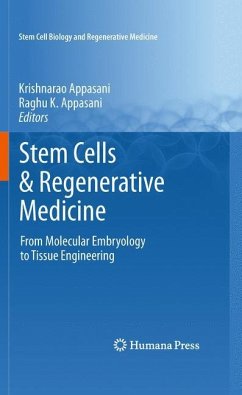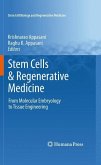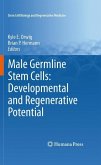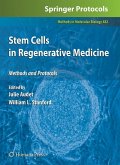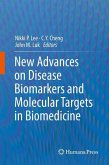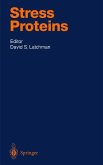Defined as, "The science about the development of an embryo from the fertilization of the ovum to the fetus stage," embryology has been a mainstay at universities throughout the world for many years. Throughout the last century, embryology became overshadowed by experimental-based genetics and cell biology, transforming the field into developmental biology, which replaced embryology in Biology departments in many universities. Major contributions in this young century in the fields of molecular biology, biochemistry and genomics were integrated with both embryology and developmental biology to provide an understanding of the molecular portrait of a "development cell." That new integrated approach is known as stem-cell biology; it is an understanding of the embryology and development together at the molecular level using engineering, imaging and cell culture principles, and it is at the heart of this seminal book.Stem Cells and Regenerative Medicine: From Molecular Embryology to Tissue Engineering is completely devoted to the basic developmental, cellular and molecular biological aspects of stem cells as well as their clinical applications in tissue engineering and regenerative medicine. It focuses on the basic biology of embryonic and cancer cells plus their key involvement in self-renewal, muscle repair, epigenetic processes, and therapeutic applications. In addition, it covers other key relevant topics such as nuclear reprogramming induced pluripotency and stem cell culture techniques using novel biomaterials.A thorough introduction to stem-cell biology, this reference is aimed at graduate students, post-docs, and professors as well as executives and scientists in biotech and pharmaceutical companies.
From the reviews:
"The Introduction by the two editors is clearly telling the aim of such a bible, to cover from the basic aspects of molecular embriology dealing with the stemness cellular capacity ... till the new challenging opportunities of tissue engineering. I think the price of the book (EUR 170) is worthy enough for what the reader will get. ... a book with all the figures in colour, this is a great help while looking at cytology, histology or entangled graphs!" (Carlo Alberto Redi, European Journal of Histochemistry, Vol. 55, 2011)
"The Introduction by the two editors is clearly telling the aim of such a bible, to cover from the basic aspects of molecular embriology dealing with the stemness cellular capacity ... till the new challenging opportunities of tissue engineering. I think the price of the book (EUR 170) is worthy enough for what the reader will get. ... a book with all the figures in colour, this is a great help while looking at cytology, histology or entangled graphs!" (Carlo Alberto Redi, European Journal of Histochemistry, Vol. 55, 2011)

